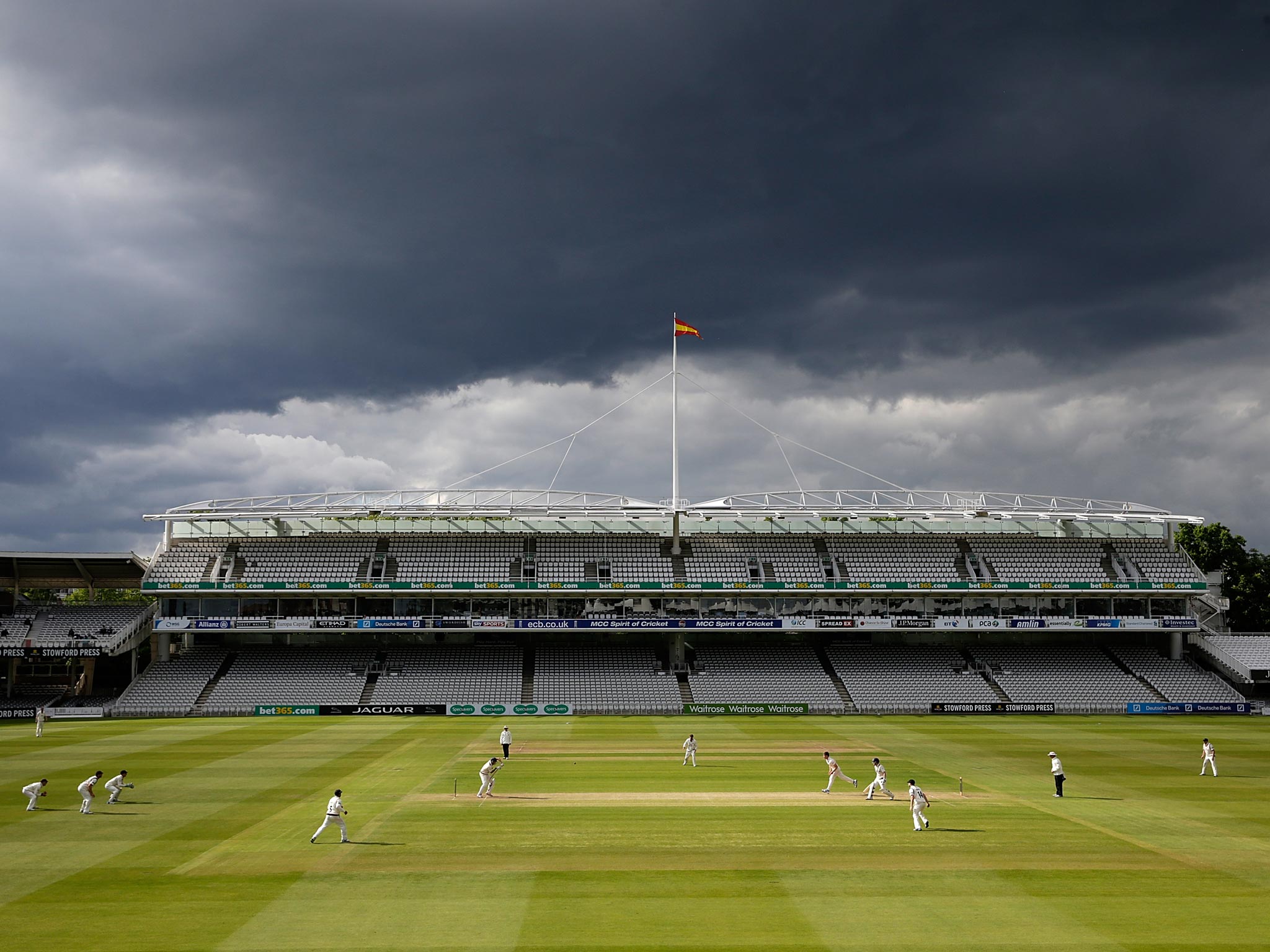County players warned after new match-fixing allegations
Illegal sports betting – most of which is done on the Indian sub-continent – is responsible for laundering £84bn of dirty money

Your support helps us to tell the story
From reproductive rights to climate change to Big Tech, The Independent is on the ground when the story is developing. Whether it's investigating the financials of Elon Musk's pro-Trump PAC or producing our latest documentary, 'The A Word', which shines a light on the American women fighting for reproductive rights, we know how important it is to parse out the facts from the messaging.
At such a critical moment in US history, we need reporters on the ground. Your donation allows us to keep sending journalists to speak to both sides of the story.
The Independent is trusted by Americans across the entire political spectrum. And unlike many other quality news outlets, we choose not to lock Americans out of our reporting and analysis with paywalls. We believe quality journalism should be available to everyone, paid for by those who can afford it.
Your support makes all the difference.Cricketers playing in England have never been more aware of the potential for corruption in the sport. The Professional Cricketers' Association has insisted that they are doing everything possible to rid the game of any form of match-rigging.
The emphatic declaration was made by PCA's chief executive, Angus Porter, after renewed allegations that fixing of all kinds, provoked largely by illegal betting rings in Asia, especially in domestic Twenty20 leagues around the world, remained prevalent. But the extent of the problem for all sport emerged in a report published today.
Based on two years of research, this said that illegal sports betting – most of which is done on the Indian sub-continent – is responsible for laundering $140billion (£84bn) of dirty money and accounts for 80 per cent of all betting on sport. Produced by University Paris 1 Pantheon Sorbonne and the Qatar-based International Centre for Sports Security (ICSS), it said that cricket and football were the most vulnerable sports and called for an international agreement to stop games being manipulated.
Try as it might, cricket cannot rid itself of the spectre of rigging, which may well have increased lately in the Twenty20 competitions which have sprouted. It has been alleged in a newspaper report that Lou Vincent, the former New Zealand Test player who has plied his trade for a multitude of T20 sides, has provided evidence of spot-fixing to the International Cricket Council's anti-corruption unit. This could help eventually to find conspirators, from the bookies to the players, everywhere.
While the defunct Indian Cricket League, which became notorious during its short life for nefarious activities, will form a large part of Vincent's dossier, he is likely to have touched on every other league he played in. This will embrace his time in England with Sussex and Lancashire.
"We have upped our game in ensuring that all those playing professional cricket in this country know of the dangers which arise from illegal betting on the game, said Porter. "Before this season started we highlighted the risks and Mervyn Westfield came to every county with us to give his personal testimony."
Westfield was banned by the England and Wales Cricket Board after he was found to have agreed to bowl badly in a one-day match for Essex. The man said to have encouraged him, Danish Kaneria, had his life ban upheld by a court a fortnight ago.
Join our commenting forum
Join thought-provoking conversations, follow other Independent readers and see their replies
Comments